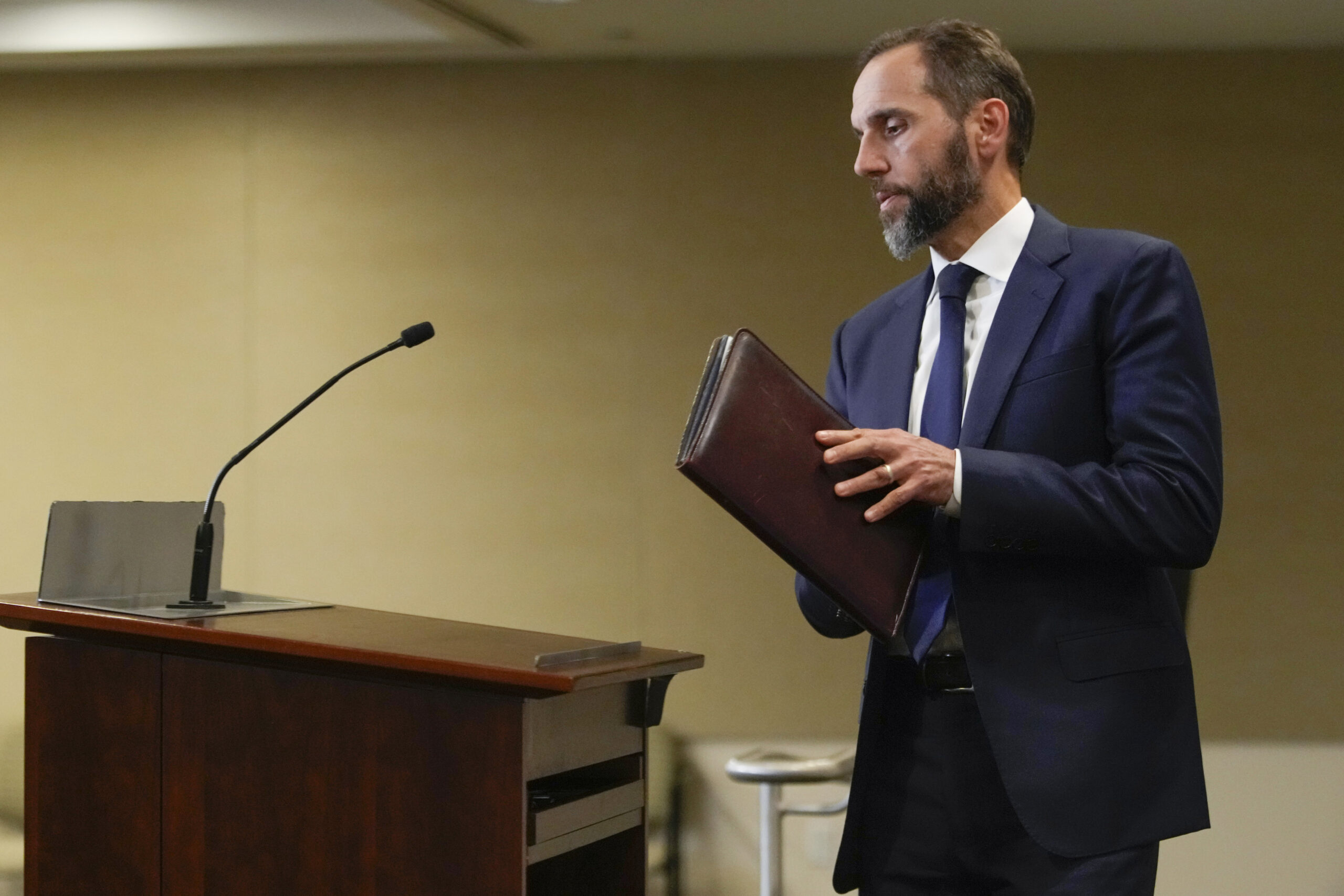The use of Apple’s Family Sharing feature has come under scrutiny following a disturbing account from a mother involved in a custody dispute. Reports indicate that her estranged partner manipulated the system to deny their children access to essential apps and location sharing, transforming a tool intended for familial support into a means of harassment. This situation illustrates a significant vulnerability in technology designed for family use.
Family Sharing allows up to six family members to share subscriptions, app purchases, and parental controls, all linked to a single organizer’s Apple ID. In this particular case, the ex-partner retained the role of family organizer, which enabled him to revoke access remotely. As a result, the children were left without necessary applications during custody periods, leading to emotional distress and raising important questions about digital custody in an increasingly tech-driven world.
Emerging Risks in Digital Family Dynamics
Experts in family law and technology are highlighting that such incidents are becoming more common as divorce rates rise and families increasingly rely on digital tools. An investigation by Wired examines how systems designed to protect children online can falter when family dynamics change. The magazine notes that without explicit court orders addressing digital assets, one parent can effectively wield control over shared accounts, leading to situations where the other parent is left powerless.
Apple’s support documentation emphasizes the ease of setup for Family Sharing, yet it provides limited guidance for parents looking to separate from a family group. Users who are not the organizer face significant challenges when trying to exit, often requiring petitions to Apple that can take weeks and necessitate legal proof. In the case of the mother seeking to regain access for her children, navigating the process proved to be a daunting task, revealing a gap between technology policy and the realities of family life.
Industry Calls for Reform
Industry observers are urging Apple to address these issues, arguing that the company must reassess its approach to Family Sharing. As reported by AppleInsider, the rigidity of the feature leaves families with little recourse unless changes are made, such as implementing easier organizer transfers or automatic safeguards linked to legal documents. Proposals include integrating Family Sharing with verified court orders, akin to the systems some financial applications use for managing joint accounts in divorce situations.
Privacy advocates are warning that without necessary updates, Apple’s Family Sharing could attract regulatory scrutiny. The Federal Trade Commission has shown interest in how tech companies manage family data, and this incident underscores broader concerns regarding data control in domestic disputes. For Apple, known for promoting ethical technology, failing to address these challenges may undermine the trust of its extensive user base.
As digital tools become increasingly intertwined with personal relationships, this case serves as a cautionary tale for developers and policymakers alike. They must consider not only the harmonious interactions these technologies facilitate but also how to protect users in less ideal circumstances.
While Apple has not yet publicly commented on this specific incident, ongoing pressure from users and media may prompt enhancements to the Family Sharing feature. Balancing convenience with safeguards against misuse will be crucial as technology continues to evolve within the family structure.







